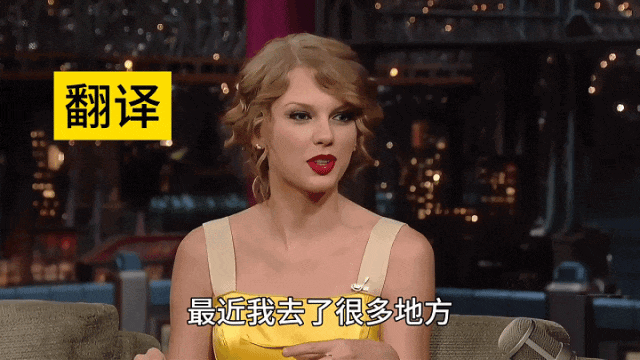China’s AI ‘wish list,’ and how it works


Matt Sheehan at Macro Polo has a must-read explanation of how China’s plan to dominate artificial intelligence technology, announced in July 2017, actually works.
- Most media and international observers have focused on the “strategic objectives” part of the plan, but that is little more than the introduction.
- The meat of the plan “lays out in mind-numbing detail hundreds of theoretical breakthroughs and specific AI applications that the government would like developed: maritime robots, swarm intelligence, smart parcel sorting, deep semantic analysis, brain-inspired computing chips, and smart fisheries. The list goes on…and on…and on.”
- It is a “wish list,” where the central government is telling local governments “hundreds of ideas for ‘gifts’ that it would like to receive, and saying, ‘surprise me.’”
- “If I were an ambitious Chinese official, I would be going over these lists of AI applications with a fine-toothed comb, looking for anything that could be implemented in my jurisdiction,” says Sheehan.
- Among the tools officials can use: “subsidies for different AI-related activities, public procurement of AI products or services, and demonstration projects for new AI technologies.”
- Examples of new local initiatives that Sheehan cites: A partnership with Baidu to develop autonomous cars in the new city of Xiong’an, a branch of Beijing’s public security spending nearly half a million dollars on AI person-tracking software, and an engineering university in Shandong Province opening a research center specializing in medical and maritime AI.
- Each time an initiative impresses higher-up officials, politicians get promoted, and the accumulation of many hundreds of such initiatives is the core of China’s strategy.
- China’s AI strategy is not, then, a centrally planned and state-funded project in the same way that the country’s high speed rail network was. This time, private companies will be doing the heavy lifting, not state-owned enterprises, and the specific applications of the technology are up to each individual government to decide.
For more on this moment in artificial intelligence development and government direction, see the New York Times: As China marches forward on A.I., the White House is silent.
- Shipbuilding and defence in Taiwan
Boss of Taiwanese shipbuilder charged with fraud over US$1.2 billion navy contract / SCMP
“The chairman of a Taiwanese shipbuilding company that won a contract to build six naval ships was charged in a loan fraud case on Tuesday, dealing a blow to the island’s ambitions to grow its domestic defense industry.” - Another U.S.-China trade skirmish
U.S.-China trade tensions increase as Beijing targets styrene imports / Deutsche Welle
“Last year, China imported 3.2 billion kilograms of the chemical from the U.S. worth more than $4 billion (€3.25 billion). Beijing said styrene dumping — that is the selling of the chemical at unfairly low prices in China — had to stop.” - Medicine
Merck to launch cutting-edge cancer drug in China / Caixin - Indian films in China
Aamir Khan’s ‘Secret Superstar’ tops $100 million in China; Salman Khan’s ‘Bajrangi Bhaijaan’ is next test for Bollywood / Deadline - Cryptocurrency craziness
China‘s hottest boy band says it has nothing to do with an ICO that’s defrauding fans / Quartz - Cashing in on Chinese New Year
WeChat Pay announces ‘Spring Festival Shake’ to win hongbao war / TechNode






